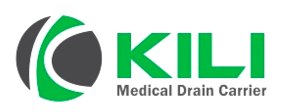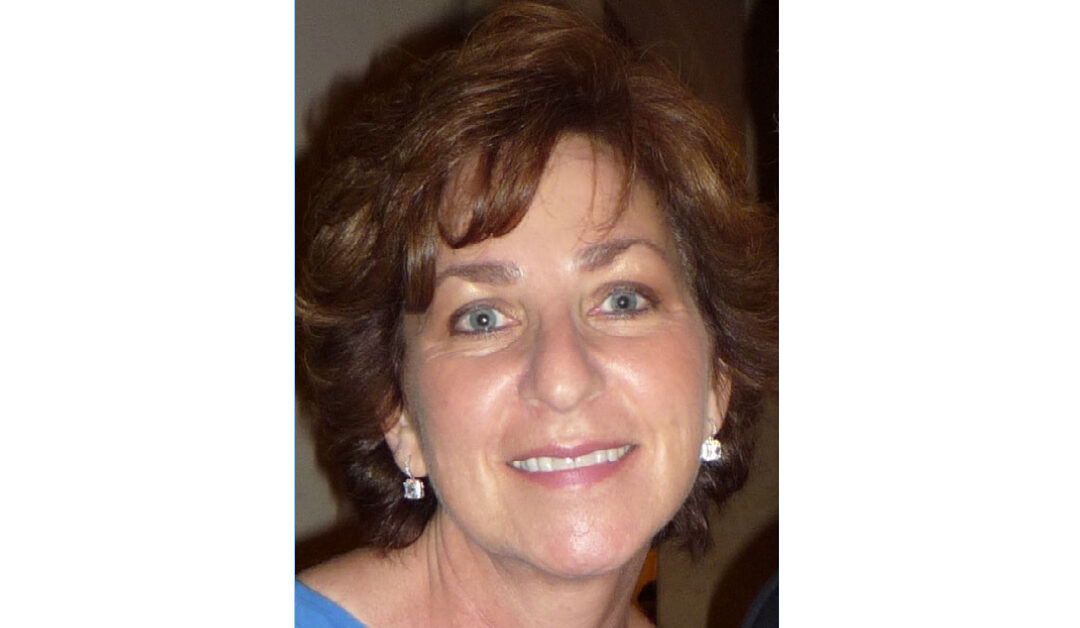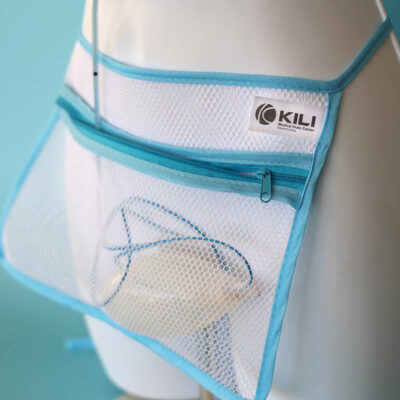In her late fifties, tech engineer Robin Franko received a series of devastating diagnoses. Not only did she have breast cancer, but she also had ovarian cancer. For the next few years, Robin would undergo several major surgeries – a bilateral mastectomy, reconstructive surgery and a hysterectomy – each time returning home with post-surgical drains and a handful of safety pins.
Looking at the safety pins, Robin felt a common frustration. How was she supposed to shower or bathe during her recovery? Will the drains hold as they fill up with fluid and become heavier?
Will she be able to sleep well during recovery with these drains? After sharing these feelings with a close friend, she learned about a simple device that could help: the KILI Carrier. Created by a four-time cancer survivor, the KILI Carrier made life after surgery a lot easier and everyday activities grew less daunting.
As a patient with recurrent cancer, Robin considers the KILI Carrier a life saver. She urges other cancer patients to think about the following considerations as they prepare to have surgery:
- Showering with drains can be problematic and unpleasant. With nowhere to pin drains, surgical patients are left awkwardly holding the bags of fluid while washing themselves. The carrier allows people to let go of their drains and focus on cleaning themselves.
- Moving around after surgery requires caution. Whether caught on a doorknob or snagged by a kitchen chair, tangled drain tubes can pull and pinch and create significant pain. Adjusting the carrier so it’s higher or lower on the body can help prevent these mishaps from occurring.
- Sleeping with drains is challenging. The carrier simplifies a good night’s sleep by securing the drains. With everything in one place, the carrier prevents tangling and pulling as patients move around throughout the night.
Recently, doctors found another lump in Robin’s breast. As she embarks on yet another surgery, she is grateful to have the KILI Carrier by her side. “Cancer surgery is not for the faint of heart,” she said. “If something can make your life easier, you can concentrate on healing, both emotionally and physically. And that is the most important thing.”


